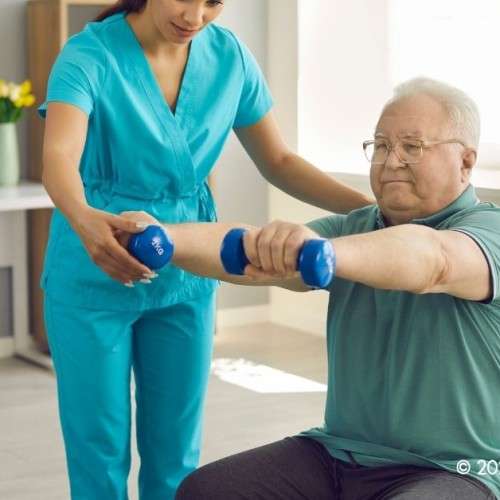The hottest summer days have arrived, and children everywhere cannot get enough pool time to beat the heat. Pools are great entertainment that provides physical activity, keeping kids moving and engaged.
But swimming pools can cause significant danger to younger children, particularly those who haven’t learned to swim. It is unsettling to consider that drowning in a swimming pool or spa is the leading cause of death in children ages one to four. To keep your kids safe in or near the swimming pool this summer, keep these tips at the forefront of your thoughts to prevent tragedy.
Fence Around Your Swimming Pool
Fence off both in-ground and above-ground pools. In addition to fencing, lock gates or entryways to prevent children from opening the latch and going in without supervision. Situating the latch above their reach is even better. Remove anything from the pool area that would entice a child, such as toys.
Many insurance policies require that pools are fenced. But taking a few extra steps will remove the temptation of sneaking in while adults aren’t watching.
Use a Swimming Pool Safety Cover
Using the proper pool cover keeps children safe with anchors that connect the cover to the pool surround, preventing gaps for children to slide under. A pool cover should also support the weight of a child. Not letting water gather on top of the swimming pool cover is critical because even a tiny amount of water can result in a child’s death.
Install Swimming Pool Alarms
Swimming pool alarms respond to changes in the water. Drowning happens silently. Even when drownings are prevented, the damages from near drowning can include brain damage and other long-term disabilities.
Consider a surface wave detection pool alarm that alerts to waves in a pool or a sub-surface detection pool alarm that detects when water pressure in a swimming pool changes.
Flotation Devices Are Not a Substitute for Supervision
Putting your child in a life jacket, particularly when they’re young, while in the swimming pool adds extra benefits, but it is never a substitute for adult supervision. It only takes moments for a child to drown, so never run inside to become involved in any activity that can distract you from being watchful.
Cell phones have become an increasing distractor in our lives, and it is tempting to catch up on the latest happenings by scrolling through social media or relaxing by putting in your earbuds to listen to an audiobook or the music you enjoy. Be present during time by the pool, and monitor children constantly for any signs of distress.
Take CPR
If a child becomes injured in a drowning or near-drowning accident, CPR allows you to keep the blood circulating, delivering oxygen to vital organs until help can arrive. Check with local organizations to find out if free CPR classes are available.
CPR can protect your kids in many events and emergencies. You may also be able to help others you engage with. CPR is an essential skill for everyone to learn. In the unfortunate event of a swimming pool-related accident, it’s crucial to be prepared. If you or a loved one has experienced a pool-related injury and needs legal assistance, consider seeking legal help such as Las Vegas personal injury lawyer Paul Janda for guidance.
Take Family Swim Lessons
Enroll your children in swim lessons to decrease the risk of drowning. Swim lessons teach children essential skills, such as floating on their backs and holding their breath, finding a pool wall and grabbing on, locating a ladder or stairs, and climbing to safety. These things seem simple to an adult, but performing these actions may not even occur to a panicked child.
It is also essential that parents know how to swim. Intervening in an accident can be challenging for an adult who doesn’t swim. And learn how to address a panicked swimmer so that you can move them and yourself to safety while remaining calm.
Keeping Your Kids Safe is a Summer Priority
These steps can keep you having fun in your swimming pool all summer while creating a lifetime of summer memories. Your children depend on you this summer for essential swimming pool safety.
We are not lawyers and this is in no way intended to be used as legal advice . We cannot be held responsible for your results. Always do your own research and seek professional legal help.






